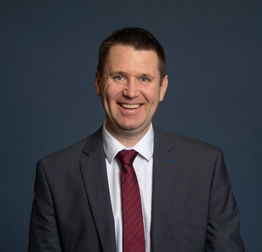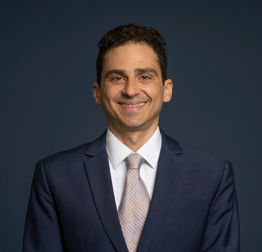The Government is currently looking to fund projects related to water, transport, clean energy, and buildings that are ready to start as soon as the construction industry is operational again.
Infrastructure Minister Shane Jones has identified three waters (drinking water, wastewater and stormwater) projects as good candidates for such funding. We think that water storage and augmentation projects have similar qualities and should also be considered as worthy water projects. Water projects are likely to meet at least the first two of the three Government criteria for funding as they will create public or regional benefit and create jobs.
This is a particularly good opportunity to tackle the delivery of three waters services. It has sometimes been difficult for local government to fund the development or upgrading of this crucial infrastructure:
- Several high growth councils have tapped out their balance sheets and face debt limits caused by urban growth. For example, Auckland's growth in the five years up to 2018 has meant that Auckland will use 90 percent of its debt capacity in the next 10 years
- Small councils (with correspondingly small balance sheets and ratepayer bases) sometimes struggle to fund potentially significant development or upgrades.
This issue has been amplified, in some instances, by historic under or deferred investment combined with ever increasing expectations and delivery standards.
The Government was already considering the wider affordability challenges facing the three waters sector and had agreed to provide, on a case-by-case basis, financial assistance to eligible regions that are investigating financially sustainable service delivery changes. In particular, funding was to be made available for the voluntary investigation of new water service delivery arrangements.
It is these new delivery arrangements that Minister Jones was particularly interested in. The Minister considers that economic rationalisation is the answer to delivering three waters infrastructure. As an example, he suggested Watercare Services Limited (an Auckland Council organisation) could look to provide water and wastewater to Northland because of its proximity and because it had a good balance sheet.
There are certainly examples of rationalisation of three waters services between New Zealand Councils. For example:
- Partnership: Waikato District Council contracted with Watercare Services for the operation and maintenance of its three waters infrastructure, while remaining in ownership of those assets. This was done to achieve efficiencies and for Waikato District Council to access Watercare's expertise. Buddle Findlay assisted Waikato District Council with negotiating the long-term staged collaborative management agreement with Watercare Services.
- Aggregation: Wellington Water is a council controlled organisation, which is owned by Hutt, Porirua, Upper Hutt and Wellington City Councils, as well as South Wairarapa District Council and Greater Wellington Regional Council. These Councils have aggregated their operations to gain economies of scale to achieve cost savings, merge expertise, and improve their resilience - benefits that individual councils could not achieve on their own. The individual councils continue to own the three waters infrastructure, set policies and control rates and user charges.
However, we suspect that the Minister was suggesting aggregation of ownership of assets and services rather than of services alone. Local government does not see mandatory aggregation of water assets as a panacea for all Councils, but rather considers that it needs to be applied on a case-by-case basis. The upgrade of Opotiki District Council's drinking water infrastructure would support this latter view (see the Buddle Findlay article on this here).
In its recent report on Local Government funding and financing (dated November 2019), the New Zealand Productivity Commission recommended that the Government consider providing financial assistance, on a principled basis as part of a broader system of assistance to local government, to help councils achieve minimum performance standards in the three waters sector.
Given the need to restart the economy following lockdown with 'shovel ready' projects, the Government seems likely to act on this recommendation and provide financial assistance to fiscally constrained communities to meet minimum health and environmental standards. However, we expect that such funding is likely to come with conditions relating to aggregation. While there is an opportunity for all local authorities to promote well advanced projects (that are in the design phase and nearing the procurement phase) as candidates for immediate acceleration and Government funding, they will need to be prepared, at the very least, for a discussion about aggregation.





















